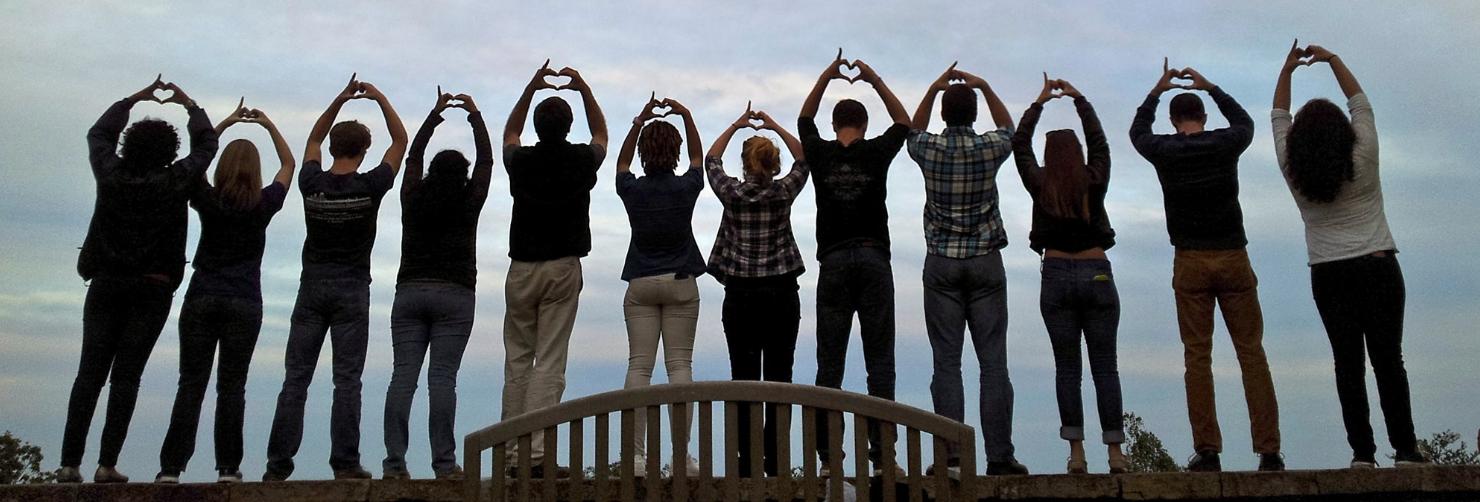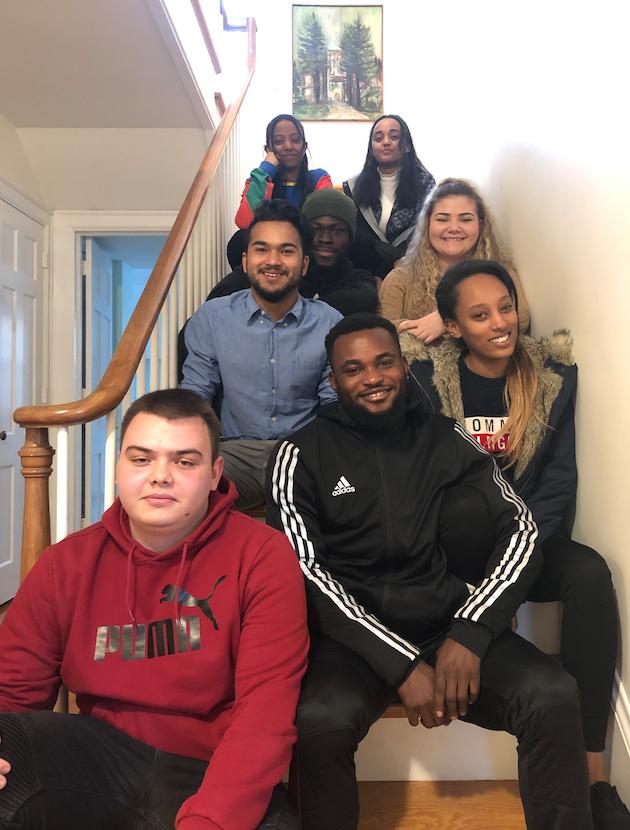Engaging in Politics
The Bonner Program: Proven Impact Findings from the 2019 Bonner Student Impact Survey
Do Students Engage in Politics?
Highlighted Political Experiences
Civic engagement is another Bonner Given some programs' funding (i.e., Common Commitment. It can be defined, as especially those that receive government Thomas Ehrlich did in Civic Responsibility grants) and campus restrictions on and Higher Education, as: "working to make engaging students in politics, a difference in the civic life of our programmatic involvement in political communities and developing the engagement is not as widespread across combination of knowledge, skills, values and the network. Still, when asked about how motivation to make that difference. It means their Bonner Program helped them to learn promoting the quality of life in a community, and engage politically: through both political and non-political processes” (Ehrlich, 2000, p. vi). To support • 64 percent of Senior Bonners reported students to acquire civic knowledge and the that the Bonner Program involved skills of political engagement, many helping them maintain an awareness of programs provide training in topics like local, national and/or global current understanding public policy, voter education, events and political news. Another 26 and social action. In their weekly percent report doing this on their own. engagement with community partners, most students focus “Working at my state representative's office on meeting the needs of during my second summer…motivated me people, communities, and the to pursue a career in law.” - Bonner Senior environment. Working on policy or with government • 44 percent of Senior Bonners reported partners is less common but may occur that the Bonner Program helped them developmentally or through summer promote initiatives (advocacy, internships. fundraising, volunteer programs, etc) that directly support political agenda(s) that I Earlier research suggests that students’ believe promote social justice (e.g., racial, interest and awareness of politics is environmental, economic, etc.). Another increasing through service, education, and 18 percent report doing this on their own. reflection. Studies in the field more broadly, such as a twelve campus study by Colby, Beaumont, Ehrlich, and Stephens (2003) have found that community-engaged programs with a social justice orientation do increase students’ democratic knowledge and participation. Here, the Student Impact Survey sought to understand the way in which students’ political engagement is being shaped by the combination of their Bonner Program and campus experiences. 12
• 44 percent of Senior Bonners reported that the Bonner Program helped them learn how local and government offices are organized in order to help community residents access support and services. Another 17 percent report doing this on their own.







